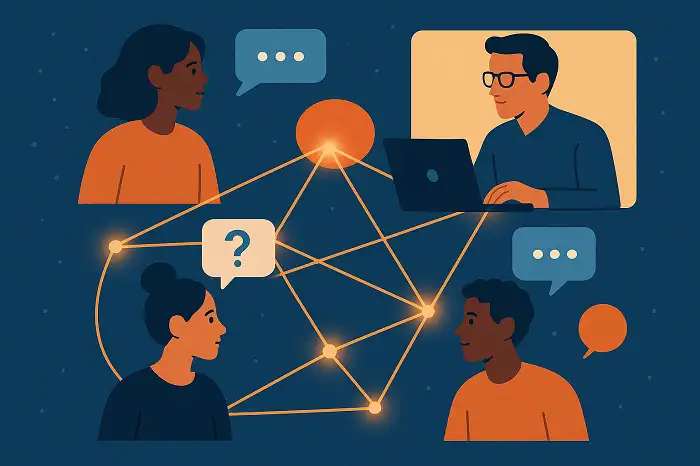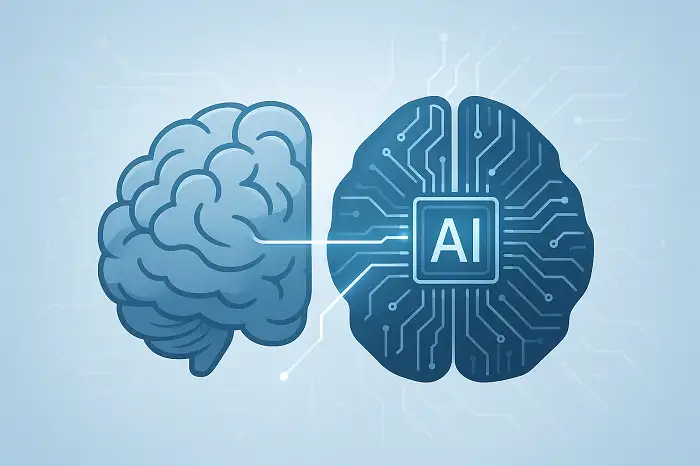English Webinar on IELTS Speaking English Webinar on IELTS Speaking Transcript of this webinar on IELTS speaking The IELTS Speaking section is the same in both Academic and General modules of the IELTS exam. The format of the IELTS Speaking test: It's not a computer-based exam. It's technically a face-to-face interview with the IELTS examiner. Keep in mind that the interview is recorded. The length of IELTS Speaking section is between 11 and 14 minutes. If you have a nickname in English, you can invite the examiner to call you with your nickname. Do not give any advice or recommendation to the examiner. ...
Home » Free Webinars at LELB Society » English Webinar on IELTS Speaking

English Webinar on IELTS Speaking
Updated: by Dr. Mohammad Hossein Hariri Asl
Time to Read: 4 minutes | 374 Views | No Comments on English Webinar on IELTS Speaking
Share This Post
About the Author
Dr. Mohammad Hossein Hariri Asl is an English and Persian instructor, educator, researcher, inventor, published author, blogger, SEO expert, website developer, entrepreneur, and the creator of LELB Society. He's got a PhD in TEFL (Teaching English as a Foreign Language).
Number of Posts: 4243


